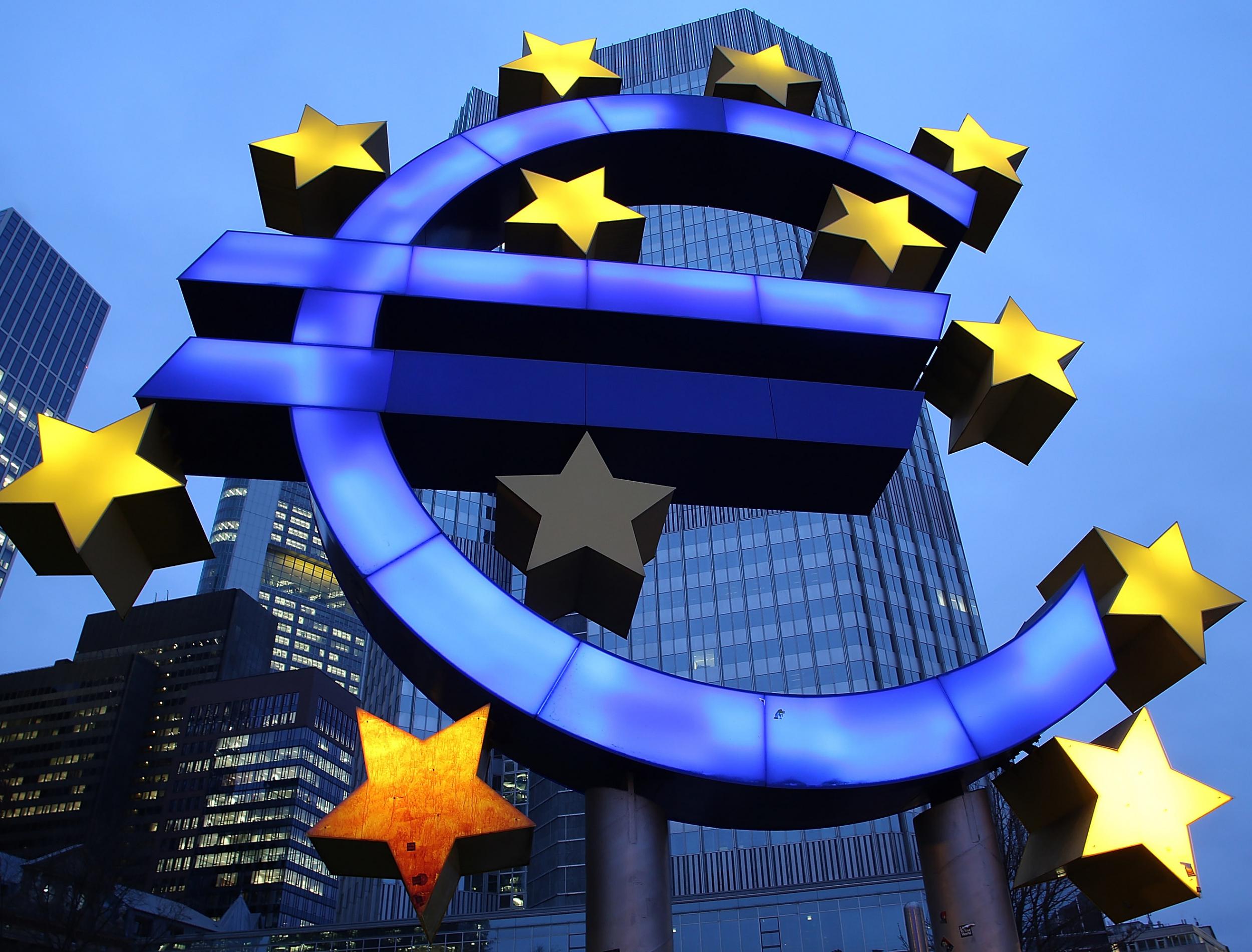European Central Bank wakes up to digital currency 'concern'
Concerns are mounting that the spread of cryptocurrencies could help criminals and terrorists conceal their finances

The European Central Bank has woken up to the risks digital currencies can pose to policy makers’ bread-and-butter business: the economy.
“If you increasingly have bridges between the virtual world and the real world and then there is a collapse in this virtual world, it could drain liquidity from the real world,” executive board member Yves Mersch said in an interview in Frankfurt. “This then becomes a concern for the central bank.”
Until recently, policy makers dismissed cryptocurrencies as a speculative experiment. That changed when investors piled into bitcoin and its peers toward the end of last year, creating more than $684bn (£493m) in paper wealth in just three months, before prices tumbled in 2018.
Officials are investigating whether and how they can control a new asset class that’s captured the imagination of retail investors and attracted interest from financial institutions.
“We need more information,” Mersch said. “For me, one obligation would already be to force the unregulated platforms to report transactions in a harmonised way to repositories so that we would have access to information -- also in order to create a better response.”
G-20 Interest
Germany and France are leading a push among the world’s biggest economies to regulate cryptocurrencies, and Mersch’s ECB colleague Benoit Coeure said last month that he’d expect the topic to feature prominently during a Group of 20 meeting in Argentina in March.
Agustin Carstens used his first major speech as head of the Bank for International Settlements this week to argue that there is a “strong case” for authorities to rein in digital currencies to ensure the functioning of payment systems and safeguard the “real value” of money.
“You won’t be surprised to know that we at the ECB are fully in line with his views and we have similar worries, or similar endeavors we are working on,” Mersch said. “The question is not so much that these virtual currencies are already at a level that would cause huge disruption in the real economy, but we are currently more concerned about the social and psychological effect they seem to have.”
Studying Blockchain
Banks and regulators are researching whether the blockchain technology that supports Bitcoin could make capital markets more efficient and streamline cross-border payments. Concerns are mounting that the spread of cryptocurrencies -- there are more than 1,500 digital tokens on the market now -- could help criminals and terrorists conceal their finances.
The European Union has agreed to bring virtual currencies under the jurisdiction of anti-money-laundering legislation, which will require marketplaces to verify the identity of their customers.
Business news: In pictures
Show all 13The ECB has its own ways to prevent digital currencies from piggybacking on its financial infrastructure. The collateral framework already bans those assets from being used in financial transactions, while central counterparty clearing can be adjusted, Mersch said.
Earlier this week, ECB President Mario Draghi told the European Parliament that the central bank’s supervision arm is studying the risks digital currencies may pose to banks’ balance sheets. While he noted that financial institutions have so far shown limited appetite for the assets, he singled out the introduction of Bitcoin futures contracts on U.S. exchanges as a potential risk.
“If you see how fast something can develop, it can very quickly reach dimensions of past bubbles that also had negative effects on the economy,” Mersch said. “That we cannot ignore.”
Bloomberg
Subscribe to Independent Premium to bookmark this article
Want to bookmark your favourite articles and stories to read or reference later? Start your Independent Premium subscription today.

Join our commenting forum
Join thought-provoking conversations, follow other Independent readers and see their replies